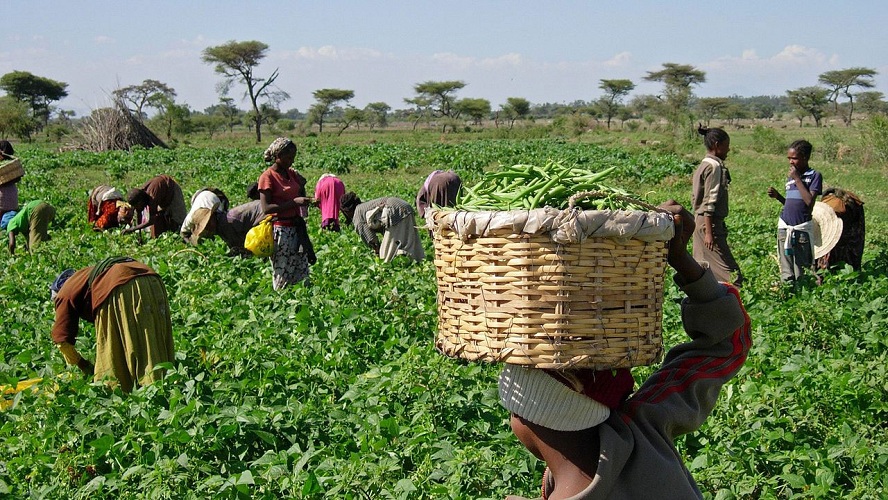Nigeria, November 24, 2023 – Nigeria, ranking second globally in the percentage of its population lacking access to clean cooking solutions, faces severe environmental and health challenges, especially among rural women. With over 98,000 annual deaths attributed to firewood smoke, the World Health Organization highlights the urgent need for change.
Read More: Revolutionizing Precision Medicine in Africa
In rural Maiyama, Kebbi state, Rukayya Adamu, like many others, relies on the environmentally harmful biomass for cooking and income. The economic strain, exacerbated by COVID-19, has pushed women into businesses with significant environmental threats, such as firewood sales.
Despite Nigeria’s commitment to the Paris Climate Agreement, the adverse effects persist, with deforestation impacting endangered species and health issues plaguing women and children. The Nigeria for Women Project (NFWP), a World Bank initiative, steps in to address these challenges. By organizing women into Women Affinity Groups, providing financial education, and offering business grants, the NFWP empowers women to transition from environmentally harmful businesses.
Rukayya’s journey reflects the transformative impact of the NFWP. Starting with a firewood business, she transitioned to sustainable ventures with the help of a $17 million business grant. The project has positively affected over 400,000 women, encouraging better financial planning, improved pricing strategies, and diligent record-keeping.
Read More: Egypt’s Shift to Soilless Farming for a Sustainable Future
The NFWP not only enhances business skills but also fosters awareness of the environmental impact of traditional practices. As women like Rukayya transition away from environmentally harmful trades, they become catalysts for positive change within their communities, fostering sustainable businesses, improved livelihoods, and a more environmentally conscious society.
